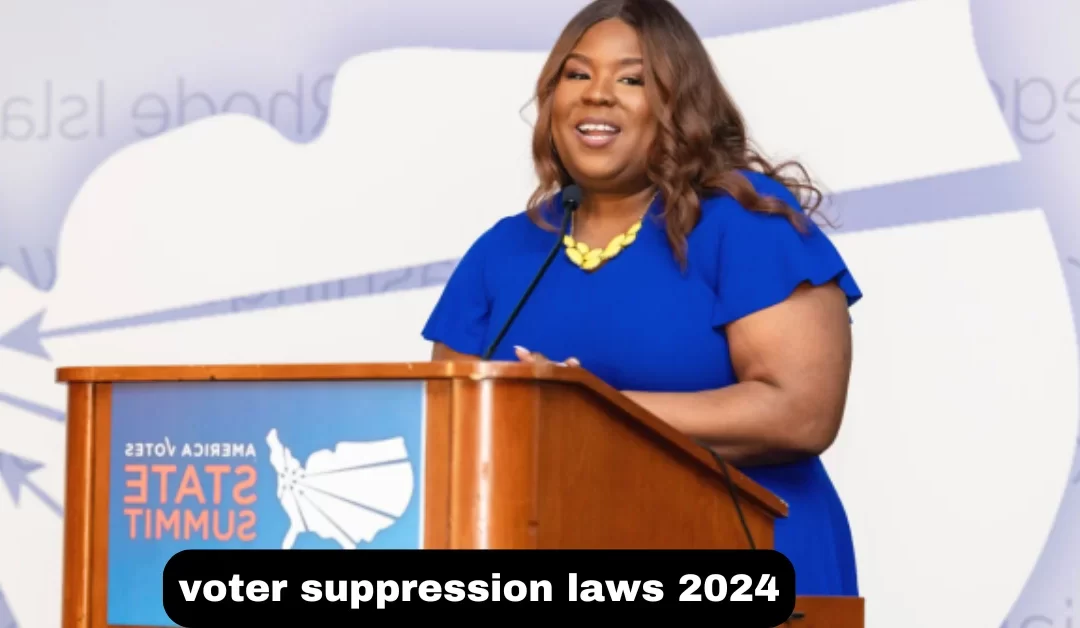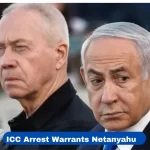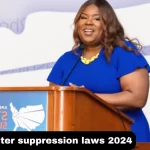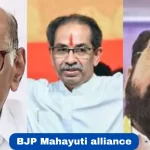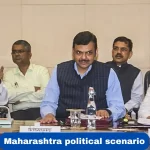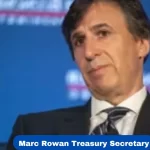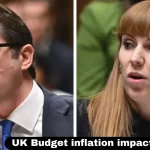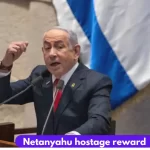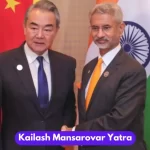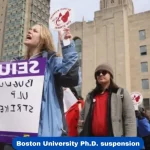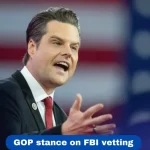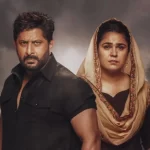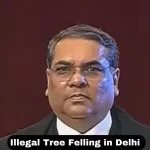Daria Dawson, executive director of America Votes, grew up in Florida with parents who were both educators. Her upbringing was steeped in the value of voting, with her parents instilling in her and her brother that voting was a powerful way to use their voices. This belief became the foundation of her life and career.
Dawson’s story is a testament to the importance of civic engagement and her commitment to making voting accessible and meaningful for everyone, particularly Black voters. Let’s take a closer look at her journey and the causes she champions.
Early Lessons in Voting
From a young age, Dawson’s parents involved her in the voting process. “My parents would take us with them when they went to vote,” she recalls. She vividly remembers her mother standing in line with her on her hip to vote for Jimmy Carter in 1980.
This early exposure taught her that voting matters, no matter the level of the election, whether it’s for a local position like a dogcatcher or for the presidency. This lesson has stayed with Dawson throughout her life.
Advocacy Through Action
Dawson doesn’t label herself a voting-rights advocate. Instead, she focuses on helping people understand the power of their vote. Her role at America Votes, a nonprofit dedicated to increasing voter turnout, is all about educating and mobilizing people to make their voices heard at the ballot box.
- Educating Black Voters
Dawson is particularly passionate about empowering Black voters, who, she says, often face systemic barriers and lack encouragement to vote. “Black voters are not taught enough about their history or the struggles of the Civil Rights Movement that gave them the right to vote,” she explains. - Uplifting Black Women and Communities of Color
Dawson works tirelessly to create a political system that values diverse voters and candidates. Her advocacy emphasizes the importance of representation and the unique challenges faced by Black communities in the voting process.
The Fight Against Voter Suppression
Dawson is deeply concerned about the rise of voter suppression across the U.S. She sees this as a critical issue, especially as political divisions deepen.
“When people don’t vote, the minority stays in control,” she warns. Dawson believes the U.S. is at a dangerous tipping point, where voter suppression laws could erode democracy.
- Restrictive Laws
According to the Brennan Center for Justice, at least nine states enacted 18 restrictive voting laws before the last election. Dawson compares these laws to historical practices like literacy tests or requiring proof of free ancestry to vote—methods once used to suppress Black voters. - Impact on Voter Turnout
Despite the extensive outreach by organizations like America Votes, voter turnout still falls short of expectations. Dawson’s team knocked on over 30 million doors and held thousands of personal conversations with voters, particularly Black women and men, in the lead-up to the elections. However, she remains disappointed by the results.
Inspiring a Future of Inclusive Voting
Dawson believes the next phase of her work involves creating a system where every vote is valued, regardless of where a person lives. She points out that voters outside key battleground states often feel their votes don’t count. Changing this perception is essential for fostering greater participation in the democratic process.
“What kind of country would this be if everyone who could legally vote was encouraged and allowed to do so?” she asks. Dawson’s vision is one where barriers are removed, and voting becomes a universal right exercised without restrictions.
Dawson’s Political Career
Before joining America Votes in 2020, Dawson spent two decades in politics. She worked on Kamala Harris’s 2020 presidential campaign as director of strategic engagement and held other significant roles, such as deputy national political director at the Service Employees International Union.
Her personal voting history is also noteworthy. Dawson remembers casting her first ballot in the 1998 Florida gubernatorial election and voting in the historic 2000 presidential election between Al Gore and George W. Bush. These experiences shaped her understanding of how pivotal voting can be in shaping the nation’s future.

